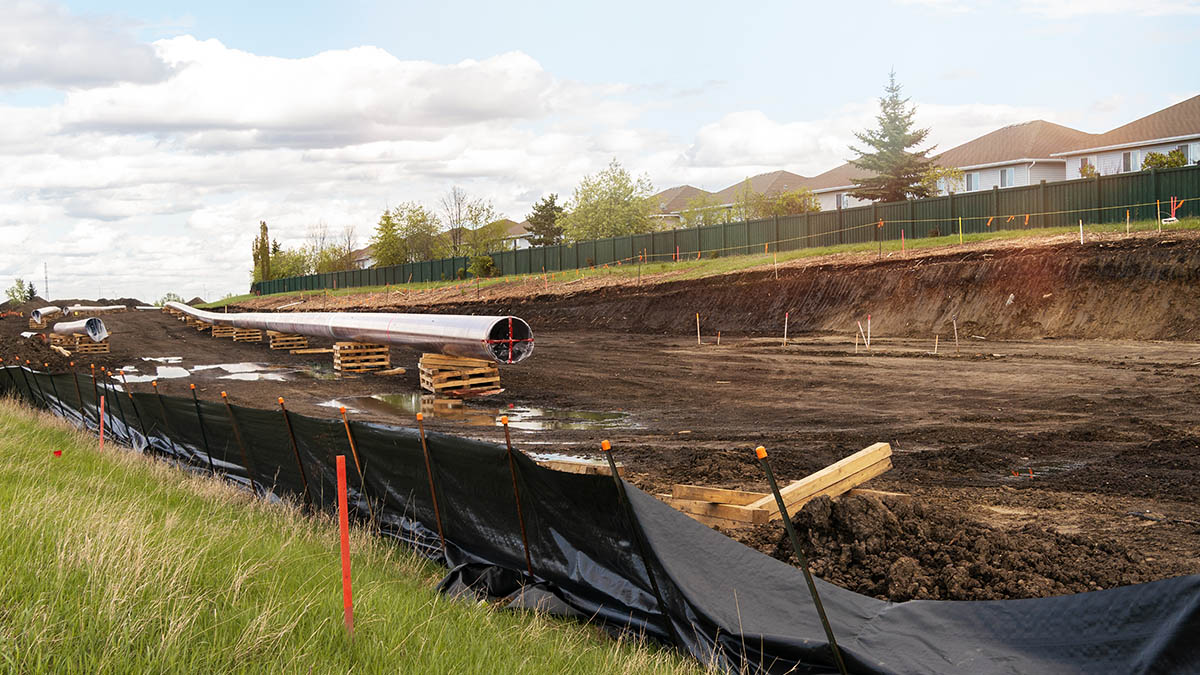Climate activists turn up the heat in 2024
The landmark European Court of Human Rights decision in April is expected to generate further rights-based litigation seeking to influence domestic policy-making
Litigation remains the most significant tool for climate activists
This year has already witnessed climate activists succeed in the European Court of Human Rights, challenge the UK’s national climate strategy for the second time and secure a significant greenwashing victory against KLM in the Netherlands.
So, what should insurers be looking for throughout the rest of the year?
Litigation remains, arguably, the most significant tool for climate activists seeking to challenge and influence the policymaking of states and corporates, however the volume and spread of climate actions can make it difficult to spot the wider trends. While such decisions may not immediately impact insurance risk, we are already seeing related actions against insurers about the application of a pollution exclusion in response to a claim for defence costs.
Actions against public bodies
Since the landmark 2019 decision in Urgenda v State of the Netherlands, climate activists have used litigation to challenge national climate policies and define states’ human rights obligations. The recent dismissal of the UK government’s Carbon Budget Delivery Plan is the second time since 2022 the courts have ruled the UK’s net zero strategy is inadequate.
The continued challenges to the construction of Europe’s largest plastics plant in Belgium by Ineos provide another example of the appetite of ClientEarth and other non-governmental organisations for confrontation in the courts. Having successfully challenged construction because of omissions in documentation detailing the environmental impact, they have picked up the baton again, following the reissue of the building permit by the Flemish authorities.
Back in the UK, the focus has moved to another activist-led action seeking a judicial review of the UK’s National Adaptation Programme (in R v Secretary of State for the Environment, Food and Rural Affairs). It is argued the UK’s Adaptation Programme fails to consider the unequal impacts of climate change on protected groups in society, with interested parties including care home residents vulnerable to overheating during seasonal heatwaves and property owners at risk of losing their home and possessions to rising sea levels and coastal erosion.
The landmark European Court of Human Rights decision in April this year in Verein KlimaSeniorinnen Schweiz v Switzerland also resulted from similar concerns about the effects of climate change on an association of Swiss women over the age of 75.
This decision upended orthodox understanding of states’ obligations in relation to the European Convention on Human Rights, finding the right to a private and family life encompasses effective protection from serious adverse effects of climate change. States, therefore, have a primary duty to adopt and effectively apply measures to mitigate climate change, including a substantial and progressive reduction in greenhouse gas emissions.
It remains to be seen how governments and domestic courts will respond to the decision, but we expect it will generate further rights-based litigation seeking to influence domestic policymaking. Changes in domestic policymaking may result in additional regulations or measures for business to comply with, and failure to comply with such standards will generate litigation.
Latin America and South Korea
There is important activity in Latin America and South Korea. In 2023, Colombia and Chile requested an advisory opinion from the Inter-American Court of Human Rights to “clarify the scope of state obligations, in their individual and collective dimension, in order to respond to the climate emergency within the framework of international human rights law” as guaranteed by the American Convention. The opinion will address issues such as the potential need for regional standards bearing in mind population groups and nature. To date, the first three days of the public hearing have been heard, with three further days to follow.
Similarly, in South Korea, the first hearing relating to a number of consolidated human rights-related actions has recently been heard. The constitutional claim of Byung-In Kim and others v South Korea challenges South Korea’s nationally determined contribution plan to cut emissions and their failure to protect the claimants’ fundamental human rights. The action also has the novel element of including a claimant who was a foetus at the time the relevant claim was commenced.
Attribution and biodiversity
Claims seeking to give a voice to indigenous and vulnerable communities often also raise complex questions around attribution science and biodiversity risk. The landmark attribution claim of Lliuya v RWE, in which the claimant alleges that the approximately 0.5% contribution of RWE to global emissions has contributed to increased flooding risk to his farm in Peru, has been ongoing since 2015.
There have been significant milestones in the protection of biodiversity affected by extractive activities and climate change. The Marañón River in Peru was recently granted legal personhood and protections following a campaign by indigenous communities reliant on the river for sustenance.
This kind of legal framework for protection may be replicated worldwide. The New Zealand Supreme Court has also acknowledged that Māori customary conceptions of loss, which are neither physical nor economic, must be considered in the ongoing claim of Smith v Fonterra Co-operative Group Limited.
In Australia, judgment is expected this year in Pabai Pabai and another v Commonwealth of Australia. The action not only seeks a reduction in Australia’s greenhouse gas emissions but also the implementation of adaptation measures to protect the Torres Strait islanders, their marine environment and cultural rights. The similar action of Asmania v Holcim brought by four inhabitants of the Indonesian island of Pari seeks compensation for climate-related damages and financial contribution to adaptation measures from the Swiss concrete manufacturer.
Such demands for financial compensation to support adaptation measures alongside action to reduce corporate or state GHG emissions accurately reflect the twin drivers of activity we are seeing in climate change litigation. For corporates, directors and officers will increasingly be expected to consider their companies’ exposure to liability, physical and transitional risks associated with climate change.
Toby Vallance is a partner at DAC Beachcroft




